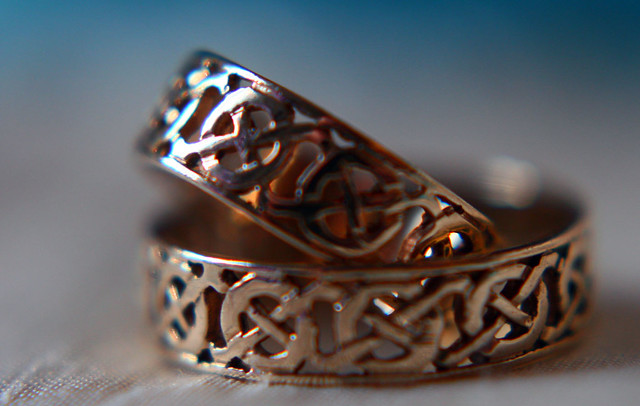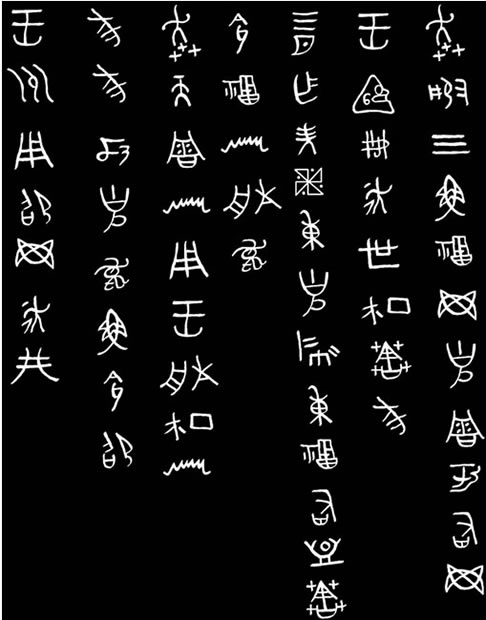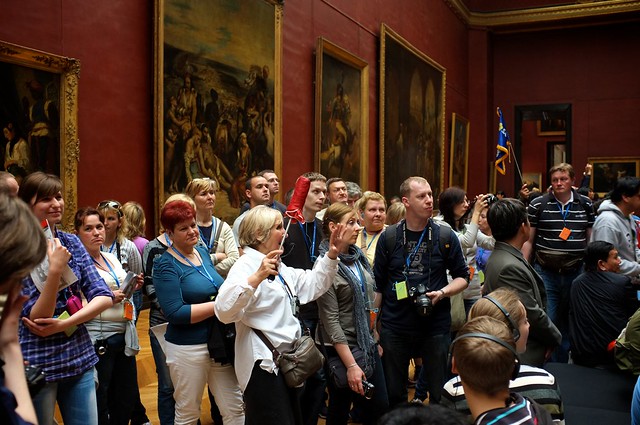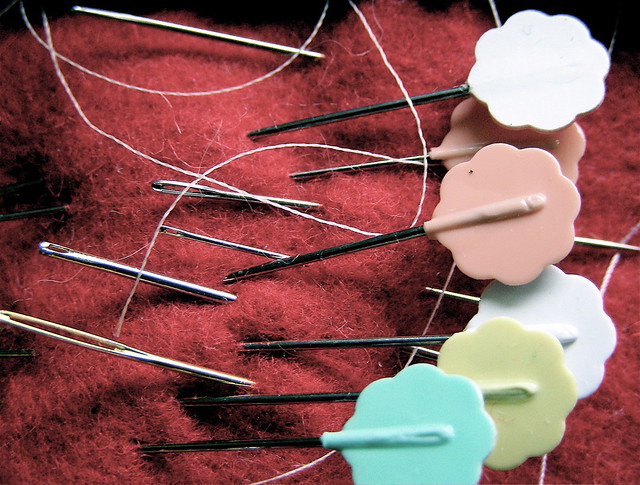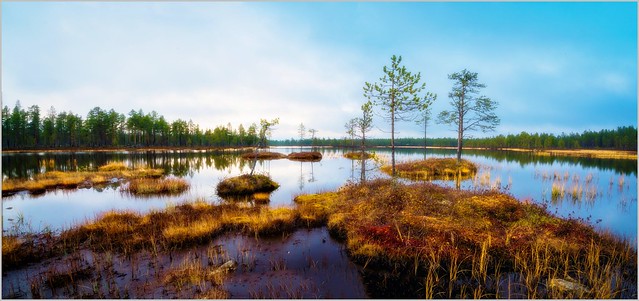Podcast: Play in new window | Download

Here’s the latest news from the world of Omniglot.
There are new language pages about:
- Ghomalaʼ (Ghɔmáláʼ), a Bamileke language spoken in the West Region of Cameroon.
- Feʼfeʼ (Fèʼéfěʼè), a Bamileke language spoken in the West Region of Cameroon
- Lengo, a Southeast Solomonic language spoken on Guadalcanal Island in the Solomon Islands.
- Lau, a Southeast Solomonic language spoken on Malaita Island in the Solomon Islands.
New constructed script: Fana, a syllabic script created by Brian Drake to write his constructed language, fana, which is based on Toki Pona, but with more phonemes, a more complex grammar, and a larger vocabulary.
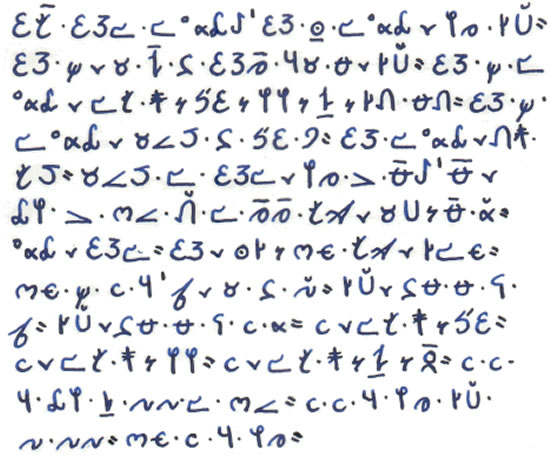
New numbers pages:
- Ghomalaʼ (Ghɔmáláʼ), a Bamileke language spoken in the West Region of Cameroon.
- Lengo, a Southeast Solomonic language spoken on Guadalcanal Island in the Solomon Islands.
- Lau, a Southeast Solomonic language spoken on Malaita Island in the Solomon Islands.
There’s a new Omniglot blog post entitled Overflowing Vases about ways to say ‘the straw that broke the camel’s back’ and similar things in various languages, and there’s the usual Language Quiz. See if you can guess what language this is:
Here’s a clue: this language is spoken in New Caledonia.
The mystery language in last week’s language quiz was Xong (Dut Xonb), a Hmong-Mien language spoken in southern China.
In this week’s episode of the Celtic Pathways podcast, entitled Bijou Fingers, we find Celtic fingers among French jewellery.
On the Celtiadur blog there’s a new post entitled Long Distance, about words for long, distant and related things, and I made improvements to the Fingers and Toes, Silver & Money and Streams and Currents posts.
I also made improvements to the Paicî and Huambisa language pages.
New song: Colourless Green Ideas – based on the sentence ‘Colorless green ideas sleep furiously’, which was coined by the linguist Noam Chomsky in his 1957 book, Syntactic Structures, to demonstrate that a sentence can be grammatically correct, but semantically nonsensical. I started writing it in May 2023, then forgot about. I came back to it in and finally finished writing and recording it in January / February 2024.
For more Omniglot News, see:
https://www.omniglot.com/news/
https://twitter.com/Omniglossia
https://www.facebook.com/groups/omniglot/
https://www.facebook.com/Omniglot-100430558332117
You can also listen to this podcast on: Apple Podcasts, Amazon Music, Stitcher, TuneIn, Podchaser, PlayerFM or podtail.
If you would like to support this podcast, you can make a donation via PayPal or Patreon, or contribute to Omniglot in other ways.
Radio Omniglot podcasts are brought to you in association with Blubrry Podcast Hosting, a great place to host your podcasts. Get your first month free with the promo code omniglot.


